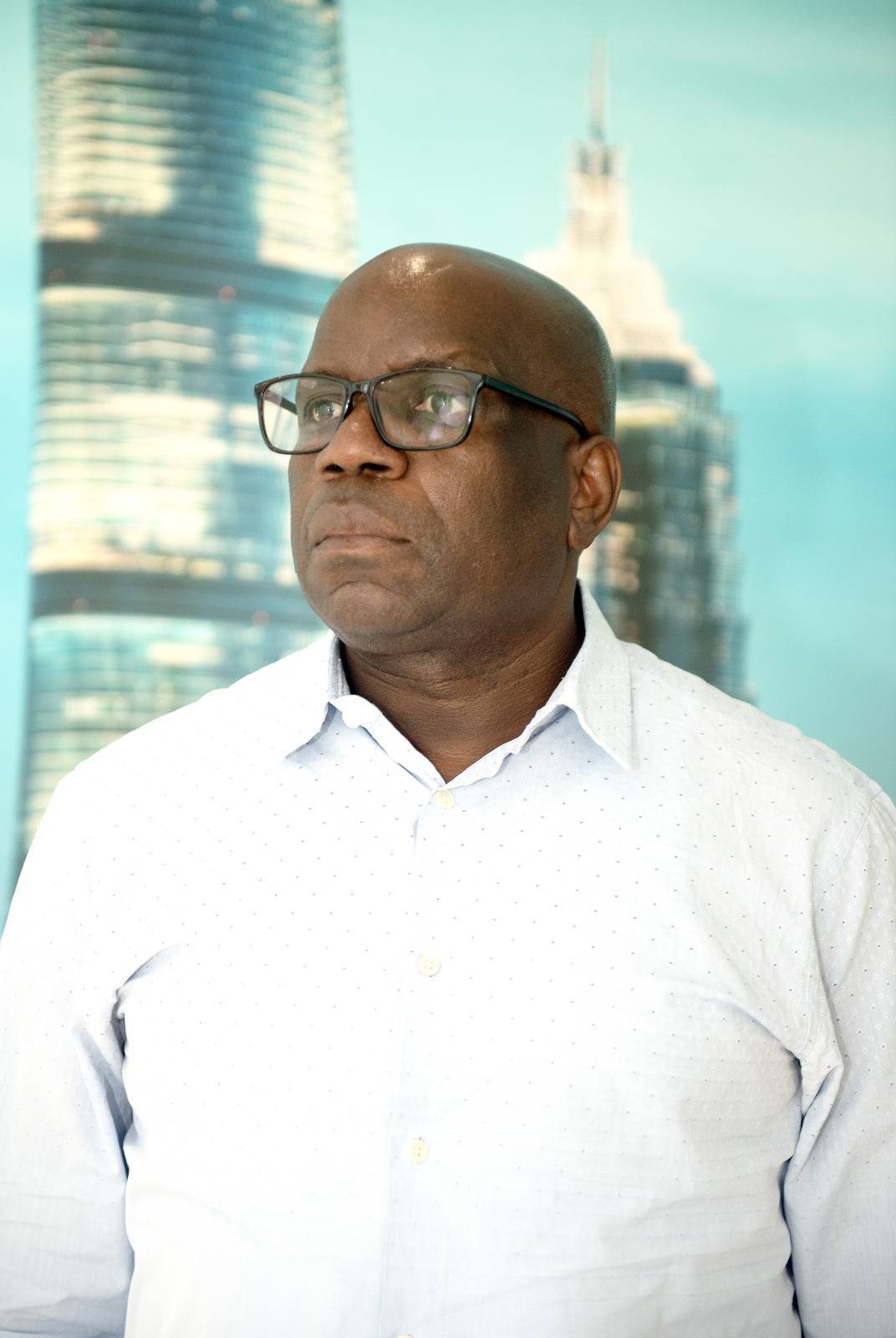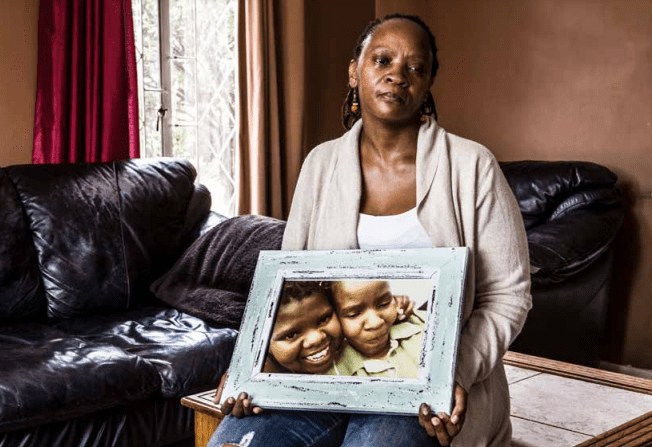David Kramer: Dipping the paintbrush in different musical colours
How David Kramer turned the story of an African-American choir that visited South Africa in the 1890s into a musical
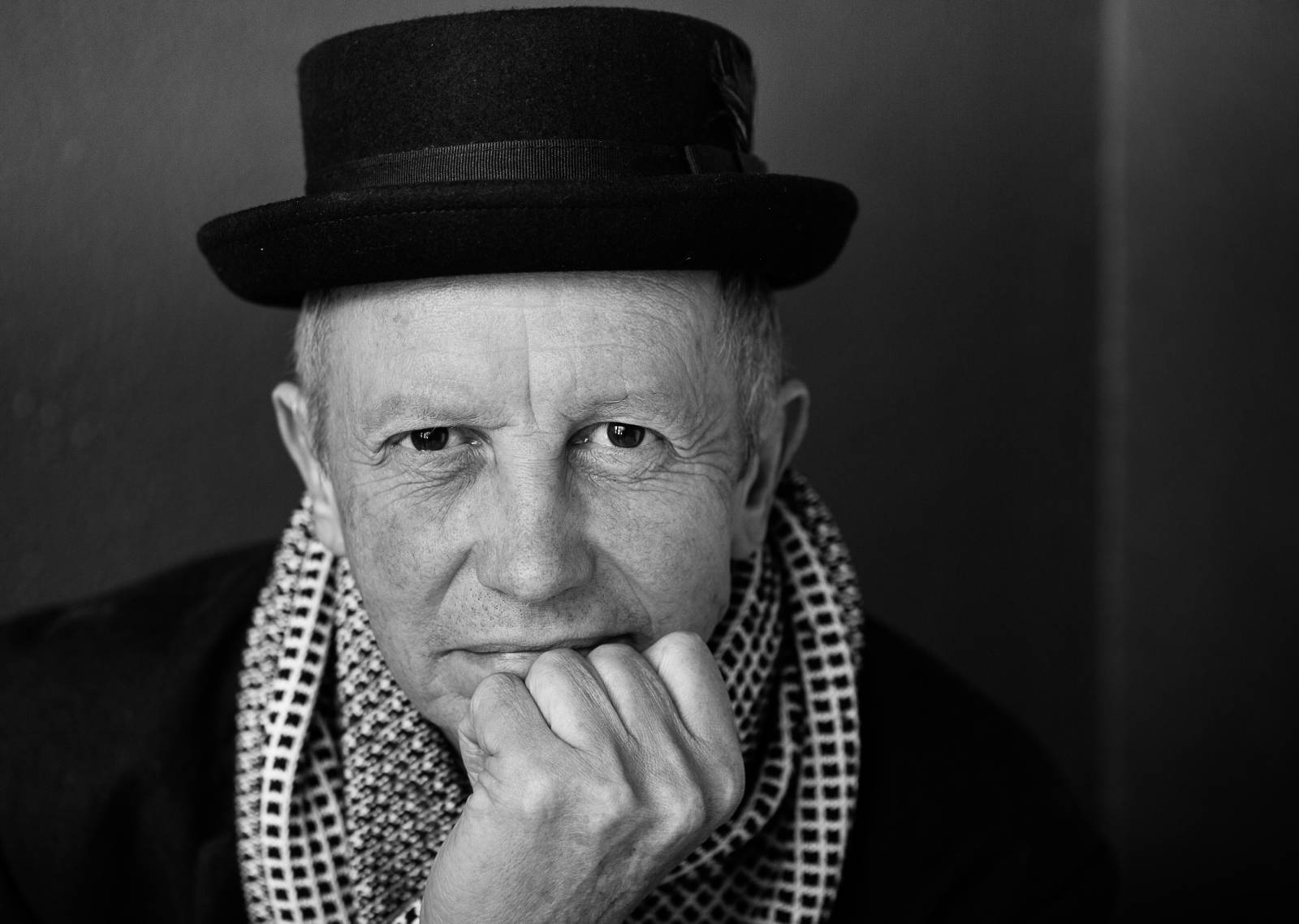
Once the “Can you hear me?” and “You’re on mute” Zoom rituals are over, musician, composer and director of musicals David Kramer and I are smiling broadly at each other, like we are old pals.
Judging from his clothes, even in mid-September, Cape Town is still clinging to winter. He is wearing a black turtleneck, a beige corduroy jacket and a well-worn black pork-pie hat, making him look like a mix between a bohemian Fifties jazz musician and a Sixties lefty academic.
The 73-year-old veteran of stage and screen is in a dressing room at the Artscape theatre. I ask him how he’s doing.
“Not too bad, not too bad, considering I’ve been very ill the last year and I have a lung condition so I struggle to get enough oxygen … so, if I do struggle to answer, it’s just because of my condition.”
I nod.
“It’s usually fine.”
Kramer has something in his cheek.
“Sometimes I can have a bit of a cough, but I put a Fisherman’s Friend in my mouth, so I’ll see if I can.”
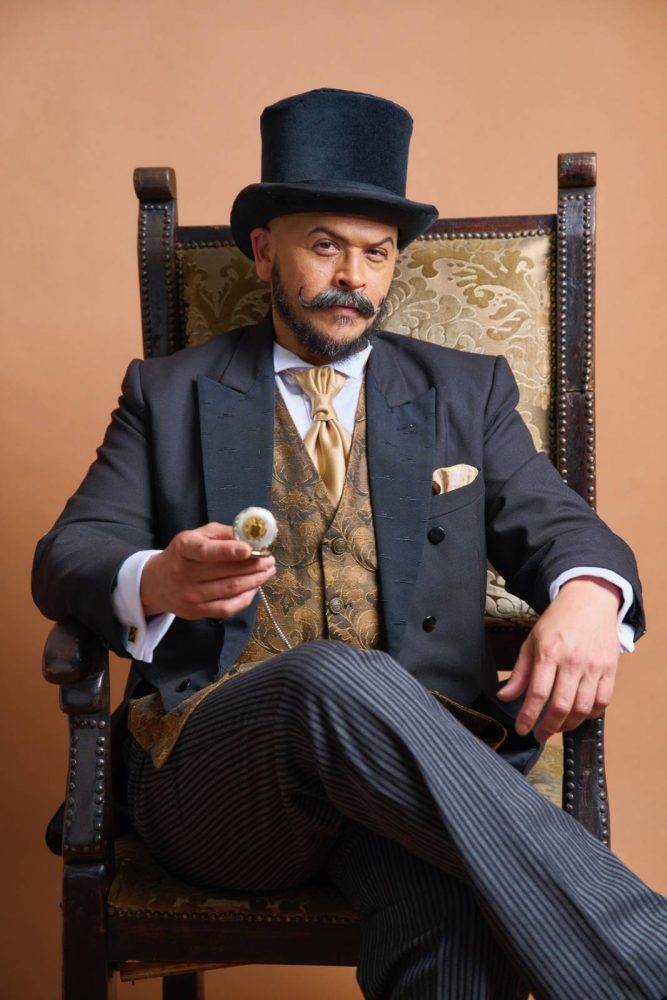
There is nothing those trusted little lozenges can’t fix, so on to his latest project, the new musical Orpheus McAdoo, to be performed by the Cape Town Opera later this month.
Kramer has just finished a morning of rehearsals with the talented cast, which includes Conroy Scott as Orpheus and Brittany Smith as his wife, Mattie.
Opening on 18 October, its music is inspired by early spirituals, minstrel songs, ragtime, ballads and opera, and includes several new songs written by Kramer, who also directs the show. “It’s a musical, you know, you dip your paintbrush in different colours to make an entertaining evening,” he says.
Orpheus McAdoo is a fresh take on Kramer’s successful Orpheus in Africa, which premiered in Cape Town in 2015.
It tells the little-known, and fascinating, story of an African-American choir led by Orpheus McAdoo that visited South Africa in the 1890s.
Invited by the governor’s wife, Lady Loch, they introduced a unique style of singing that had never before been heard in the Cape. They were an overnight sensation and went on to tour the country for the next two years.
About 20 years ago, Kramer first came across the story of McAdoo’s 1890 visit to South Africa in Denis-Constant Martin’s book Coon Carnival. There was a photo of the 32-year-old and his troupe, which went by the name of The Virginia Jubilee and Concert Company.
“I was intrigued by their photograph in the book because they were dressed in Victorian clothing — top hats and tailcoats — looking very smart,” Kramer tells me.
He started researching them further, discovering that they had even sung for President Paul Kruger of the Zuid-Afrikaansche Republiek.
“I thought, ‘Oh, I could stage a little chamber concert with Paul Kruger and his people sitting in the corner, and then this black choir singing to him.’
“But the more I learnt about the man and the enormous success he achieved, both in South Africa and Australia, in the space of 10 years, the more I believed that his largely forgotten story had the potential to be transformed into a stage musical.”
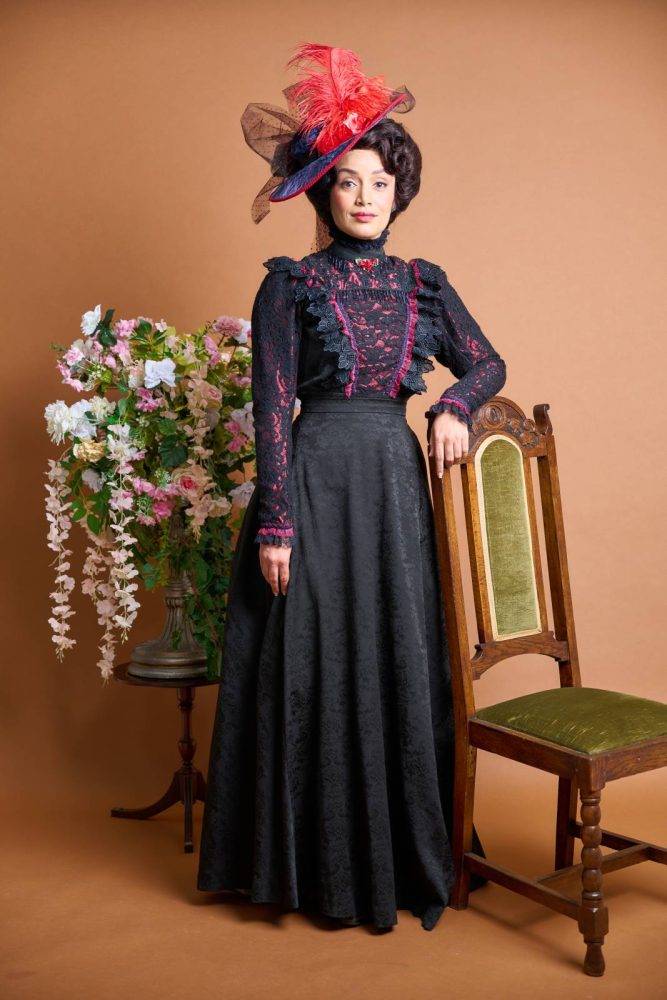
That was how Orpheus in Africa was born.
Although it was hugely popular, Kramer wasn’t satisfied with the way the story — which had stuck very accurately to the historical facts — ended.
“I realised that I should dramatise it more and perhaps use artistic licence in some cases.”
For the update, Kramer made McAdoo’s wife a more interesting character.
“The original wife was a school teacher; a little bit dull and boring.”
He also gave the maestro a brother who has a drinking problem.
“So, more areas of conflict have come through in the rewrite now —and it also gave me an opportunity to write three extra songs for this production.”
A major challenge, after the deep research, was to give the characters dimension. First Orpheus.
“You started to imagine what he’s like. Then you have to write the character — what would he say?
“What’s he thinking?
“What is he trying to achieve here?
“What are the obstacles that he’s coming up against?
“So, I get to know him very intimately, but not only him, of course, all the other characters as well. And I have to take off one hat, put on another and become Mattie. Then I have to become his brother Richard. I have to be them all.”
Kramer’s brown eyes are laughing.
“So, if you were to see me sitting in my little room writing something like this, I would be doing the voices and acting the characters and thinking, ‘Now, how would he say it and what would he say?’”
But when Kramer gets into the rehearsal room with the performers, there is a letting go.
“Then real people take over and become them, you know, and that’s also a very thrilling experience to me,” he says.
Born in Worcester in 1951, Kramer began his music career as a lefty singer-songwriter, performing at folk clubs and campus concerts across South Africa in the mid-Seventies.
He initially only sang in English, refusing to even speak Afrikaans.
“And then, a few years later, I discovered, but hang on, it’s not the oppressor’s language. It’s the language of the oppressed and that Afrikaans comes out of the mouths of slaves.
“And that was a hugely liberating moment for me to understand that you’ve got to go further back.”
His debut album, Bakgat! which was released in 1980, was immediately banned in its entirety by the SABC because of its political satire, the use of coarse language and the mixing of languages.
In his stage performances he portrayed himself as a rural Everyman who travelled the dusty roads of small-town South Africa with an old bicycle and a cheap guitar. He sang in the Boland patois of his youth and told stories and sang songs in both English and Afrikaans.
Ironically, the subversive Kramer became a household name with chart-toppers like Hak Hom Blokkies and Royal Hotel. In 1983 he was contracted by Volkswagen to link his idiosyncratic image to Volksiebus — a television and print campaign that was to continue for 13 years.
In 1986, Taliep Petersen and Kramer began collaborating on their first musical project called District Six — to be the first of six box-office hits across a 20-year partnership.
I ask him what made him change his career, from successful folk singer to musicals maestro.
“Natural curiosity. I was very successful right from the beginning, which was fantastic.
“But it was always about songwriting for me and exploring the world, my own world through song and particularly characters.”
The late theatre impresario Barney Simon suggested musicals. Kramer listened and continued to use musical theatre to tell the stories of the outsider.
“So the underdog has always been my subject,” he says. “Even if you look at my early songs … like Botteltjie Blou, one that people still want to hear to this day about a methylated spirits drinker, living on the streets, a homeless person — the underdog.”
With Peterson, they started telling “the suppressed history of the underdog … what happened in District Six and the Creole culture of the Cape, which, of course, was very distorted through the apartheid government”.
“The history of Afrikaans and the history of the Cape — it was all whitewashed. And so we wanted to ‘unwhitewash’ it and tell a more factual story.”
His focus has long been on the creolisation of the Cape culture.
“I love creolisation. It’s an exciting aspect of any music.”
Kramer continued creating musicals after his partner Peterson’s death in 2006 — there have been 10 so far.
I ask him about retirement.
“You mustn’t retire!” he shoots back. “It’s like an industrial concept. You work in a job and then you retire. But you retire to what?
“I hope you’ve got something that you’re passionate about. You should continue doing that for as long as you can.”
Kramer’s father lived until he was 96. “I kind of imagined, ‘Well, that’s going to be me as well.’
“I imagined, ‘Oh, in the next five years, I’m going to do this. I’ve got these ideas for musicals. Hopefully I’ll still be working when I’m 80 or in my Eighties.’”
But then his health took that serious turn for the worse.
“Well, now I’m not so sure. I take every day as an absolute gift. So, yeah, I’m thrilled that I can be doing what I’m doing.
“Because you don’t know … how quickly it changes.”
Orpheus McAdoo runs at Artscape in CapeTown from 18 October to 4 November.
What's Your Reaction?

























